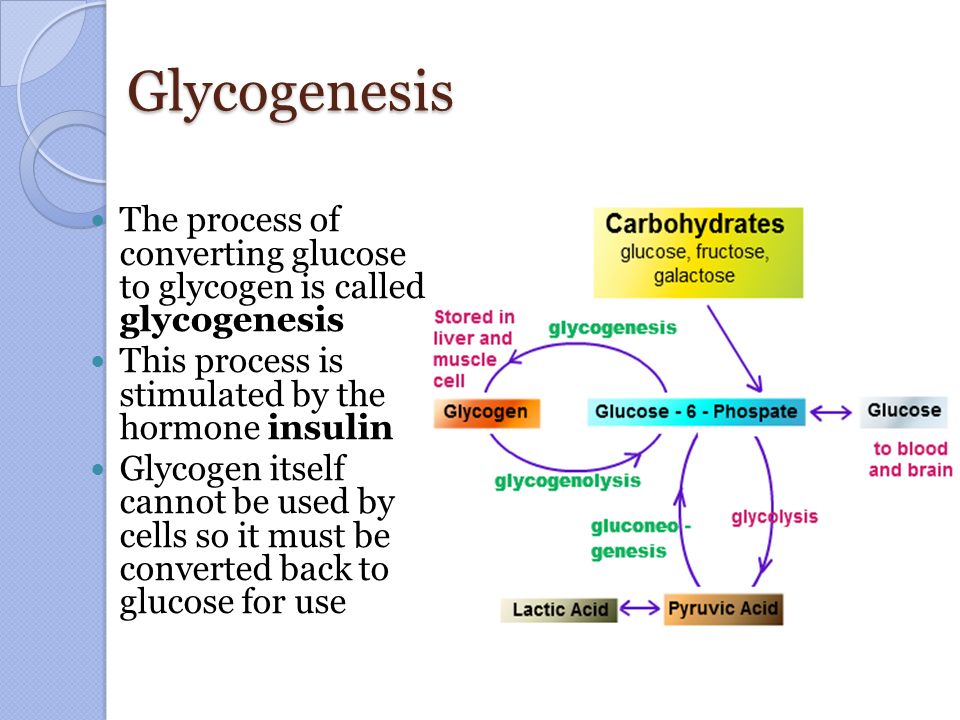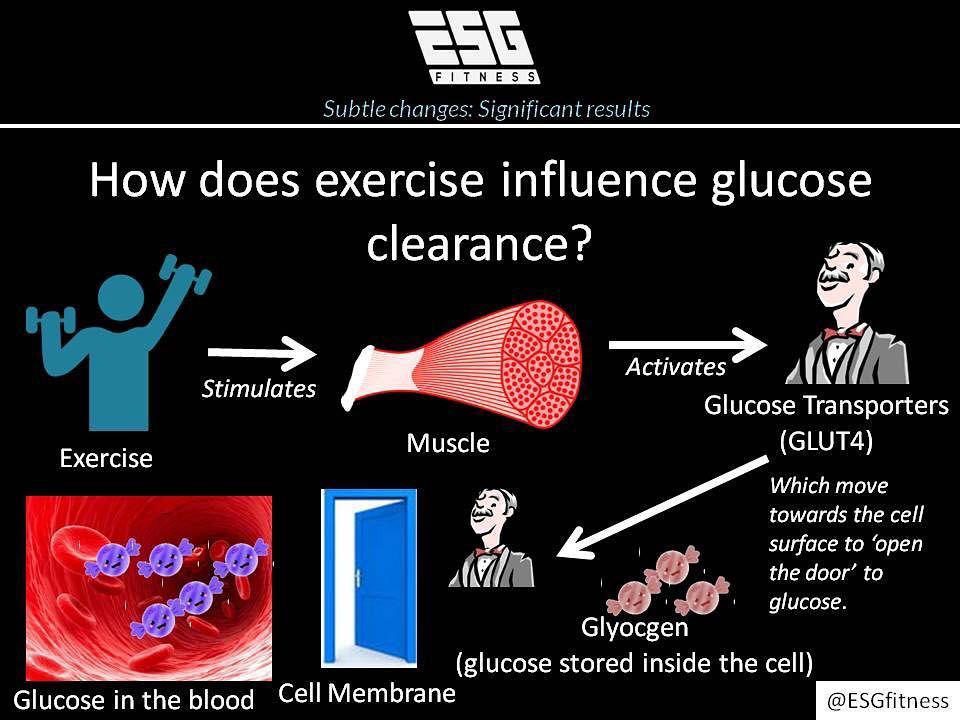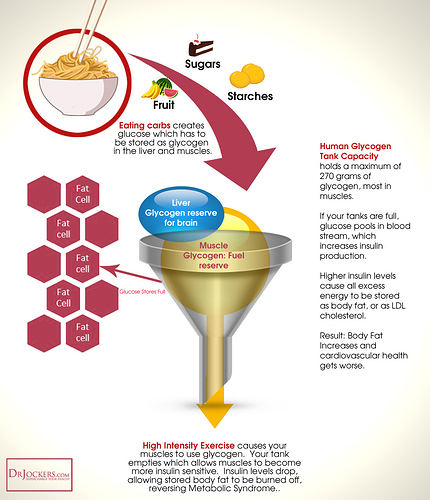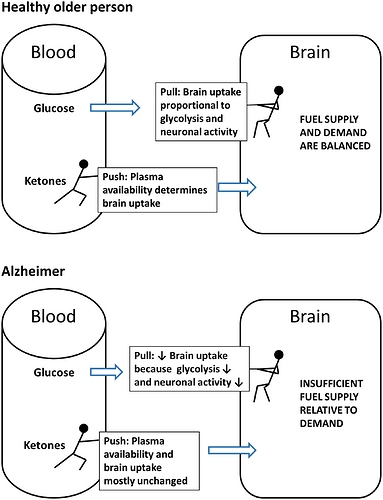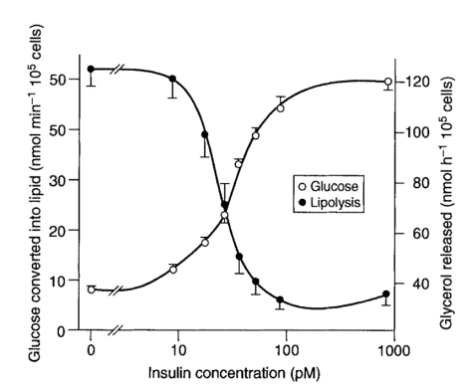Could someone help me better understand how I can feel so hungry to the point where I feel gross (a very much delayed meal im afraid), after a bit of exercise, and my BG can be 5.8 mmol when I usually have readings in the 4’s during the day?
I feel like I should be low 4, maybe high 3, being that hungry. I’m wondering if the exercise made my body produce glucose to get through and I’m seeing evidence of this? Kinda like the dawn effect?
I’m pretty familiar with how to read my BG (gestational diabetes) but for some reason this particular circumstance is confusing me.

